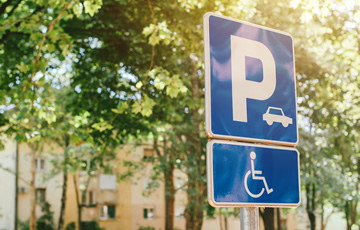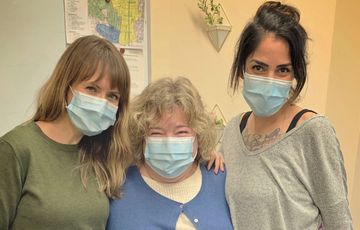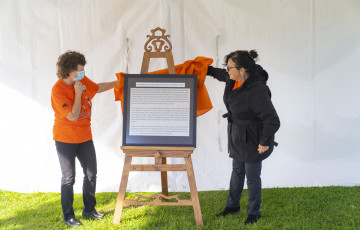Learn About
News & Events

Pay parking resumes March 4, 2022
Effective March 4, 2022, pay parking will resume at all Island Health sites that previously had pay parking in place.
Caring for the Vulnerable
Healthcare professionals provide care in many settings, including hospitals, clinics, schools and people’s homes, but for those individuals who don’t have a fixed address and require care, some community health services staff go to them.

